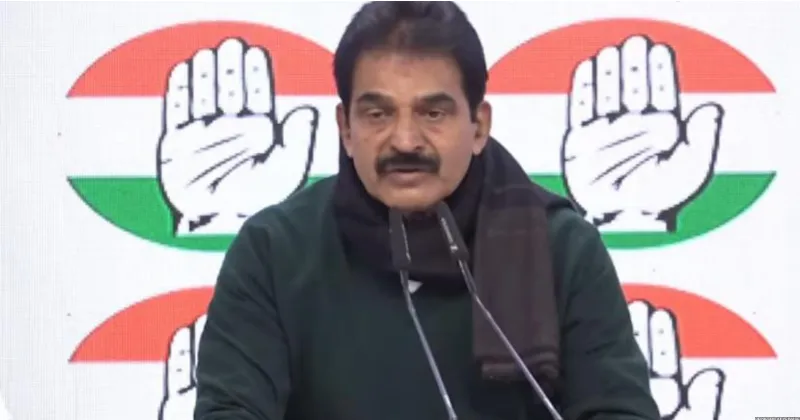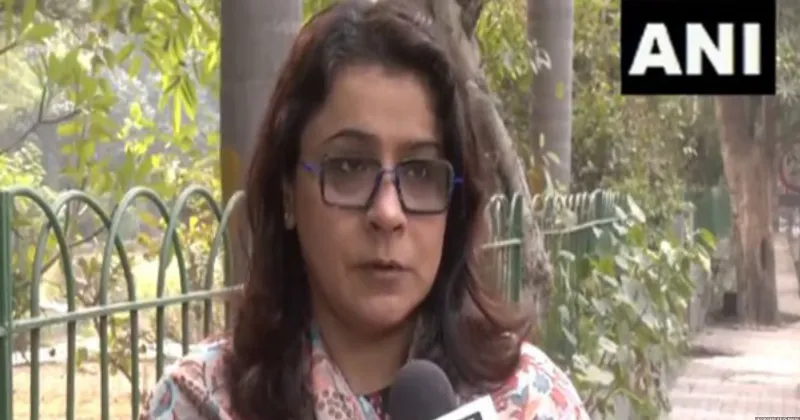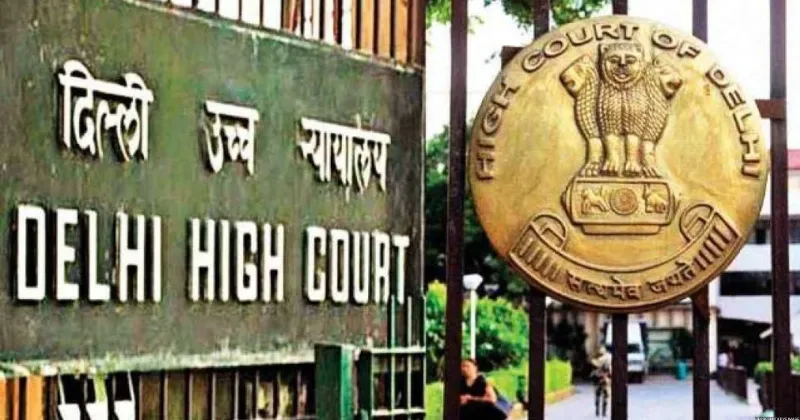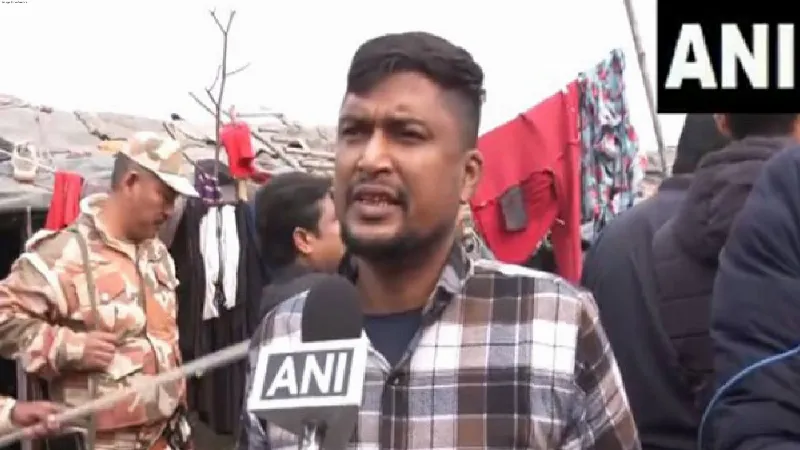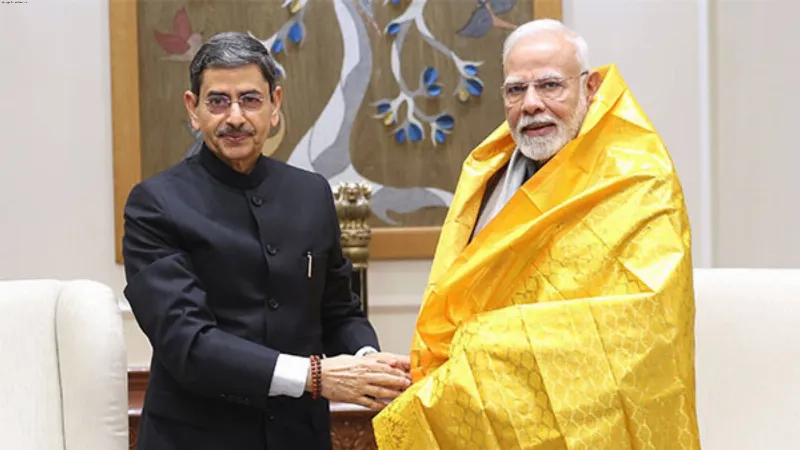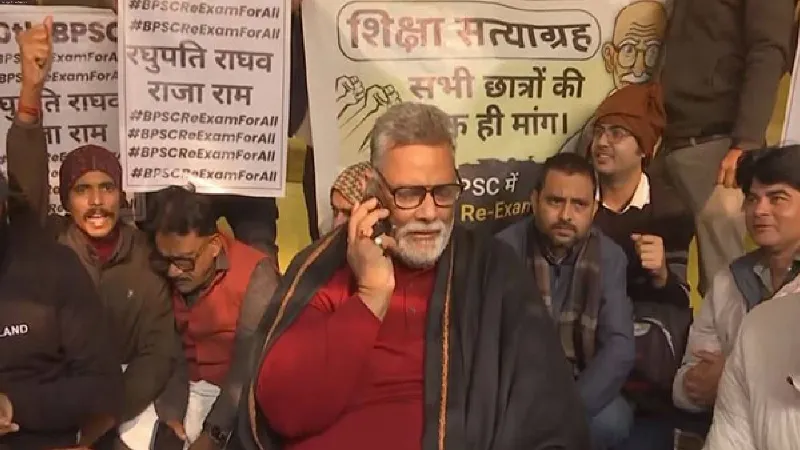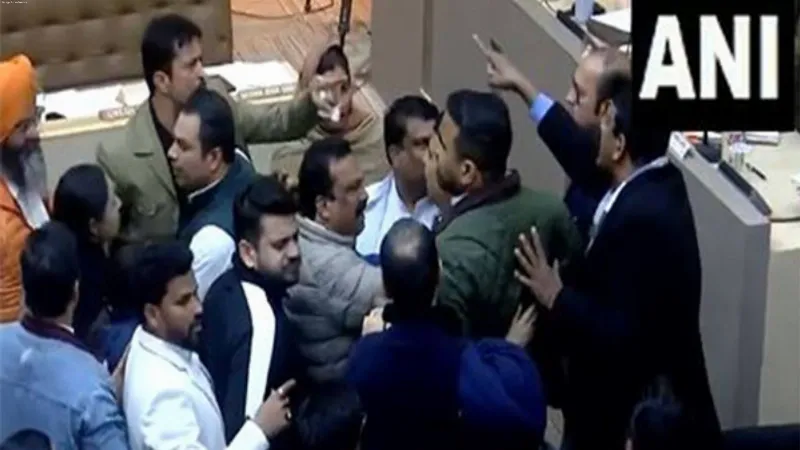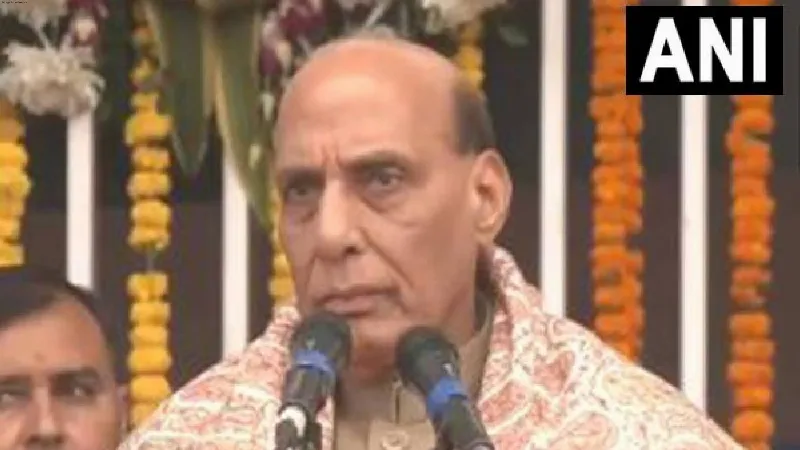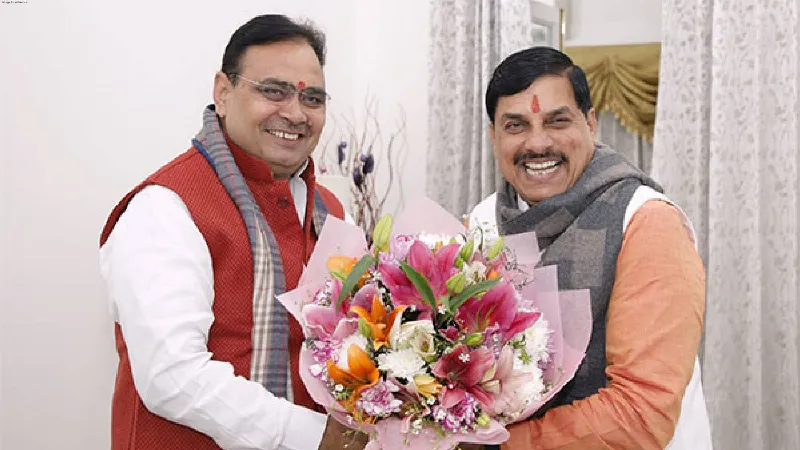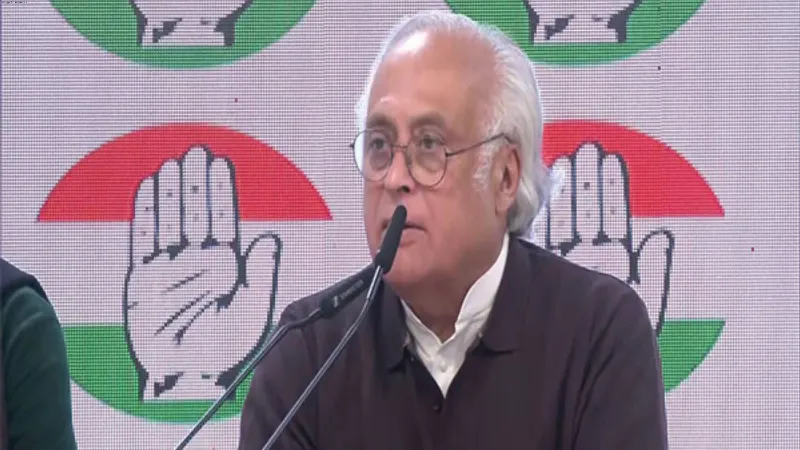New Delhi: The Supreme Court on Tuesday was told that Electoral Bonds, which allow for anonymous funding to political parties, are not election-centric but a means to enrich political parties in power both at the Centre and in the States, laced with quid pro quo.
A five-judge Constitution bench of Chief Justice of India DY Chandrachud, Justices Sanjiv Khanna BR Gavai, JB Pardiwala and Manoj Misra was told that Electoral Bonds have nothing to do with the election and there is no accountability.
"This is not electoral bond but a means to enrich a political party, there is no mechanism to ensure that money (coming through Electoral Bonds) is used for the election," counsel appearing for one of the petitioners who challenged the Electoral Bonds scheme told the bench.
Senior advocate Kapil Sibal said the Electoral Bonds scheme is wholly arbitrary and has to be struck down."Electoral Bond scheme is wholly arbitrary, it has to be struck down. It has nothing to do with the election and there is no accountability," he said.
Starting the arguments in the case, advocate Prashant Bhushan arguing for the NGO Association for Democratic Reforms said that no one except the government and the State Bank of India can know about the source of the funds coming via electoral bonds.
Bhushan said anonymity that surrounds the Electoral Bonds "defeats the political right of the people to know the sources of the funding of the political parties. Right to Information is a fundamental right to know..."
Pointing to the quid pro quo, Bhushan told the bench that this opaque anonymous instrument promotes corruption in the country, adding that almost all the bonds have gone to political parties ruling at the Centre and in the States, with BJP alone getting 50 per cent of the bonds - Rs 50000 crores.
Bhushan added that overwhelming donations going to ruling parties cuts at the root of free and fair elections and it disturbs the level playing field.
The advocate further contended that money coming to the political parties through shell companies is black money or from foreign sources, and referred to the Election Commission of India and the Reserve Bank of India expressing their objection to and disapproval of the electoral bond scheme.
Sibal argued that "all that is anonymous is not that anonymous as all the recipient political parties know who their big donors are. That is the practical politics."
To this, CJI observed, "A large public limited company when it makes political donations is not for charity."
The hearing will continue on November 1.
Attorney General for India R Venkataramani while defending the validity of Electoral Bonds has filed his written submissions saying that citizens do not have the fundamental right to be informed about the sources of political funding.
An Electoral Bond is an instrument in the nature of a promissory note or bearer bond which can be purchased by any individual, company, firm or association of persons provided the person or body is a citizen of India or incorporated or established in India. The bonds are issued specifically for the purpose of contributing funds to political parties.
Various petitions are pending before the top court challenging amendments made to different statutes through Finance Act 2017 and Finance Act 2016 on the ground that they have opened doors to unlimited, unchecked funding of political parties.
NGOs Association of Democratic Reforms and Common Cause have said that the Finance Bill, 2017, which paved the way for the introduction of the Electoral Bond scheme, was passed as a money bill even though it wasn't. (ANI)


.jpg)

